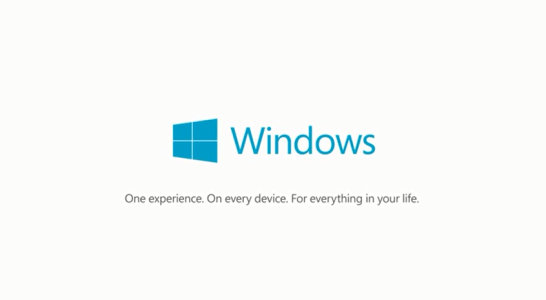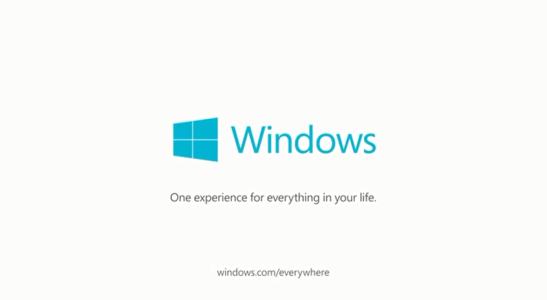I'm vastly over simplifying it, but basically when you have an open source OS, you have the make the code open and able to work with more things. Whereas when it's proprietary, things are more optimized.
Windows and OS X aren't open, but it's a good example. OS X really is built under the assumption that you have a mac, whereas Windows can run on anything as long as you have enough memory and storage, so Windows tends to be more buggy (not that much in my experience though)
(Apologies - this is straying off topic)
OK, I suspect that some people here do not understand what "open source" means. Open source means that the source code for a project is publicly available, and it's typically associated with collaborative development with contributions from several (perhaps 1000s) of parties. Companies making use of open source typically take it, adapt it to their needs, optimise it, perhaps publish and contribute their changes (this is required by some open source licences) and make their product available.
Android is "open source" to a degree - it uses a lot of open source components, and Google publish the source code to some parts of it, but typically sometime after the OS is released. Other parts, such as the Google apps, remain proprietary.
Android (*), iOS and WP all require applications to be cryptographically signed by their respective owners in order to run. This has nothing to do with open v. closed source. It means that app stores can test the application for quality, safety, lack of malware as they see fit, and only sign apps that meet their quality standards. If an approved app contains malware, it is because the app store checking did not catch it. It is nothing to do with whether the OS is "open source" or not.
Do you see the point?
(*) Android does allow users to disable this checking, and install apps from sources other than Google's app store, making the platform "open" to run any compatible app, in the same way as Windows desktop or OS X. As far as I am aware, this is never enabled by default on Android, and users do so at their own risk.
It's also been claimed that "open source" is less optimised than "closed source". This is also not inherently true. Optimisation is largely down to the amount of effect a manufacturer (or whoever) puts into making software run well in specific circumstances. It's probably fair to say that more generic software is typically less optimised than less generic software, but this is a very rough rule.
Windows does not "run on anything". Desktop Windows runs only on x86 platforms. Compare with Linux or the BSDs (which are heavily used by OS X and iOS), which run on dozens of processor architectures.



